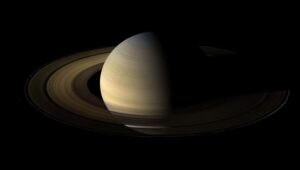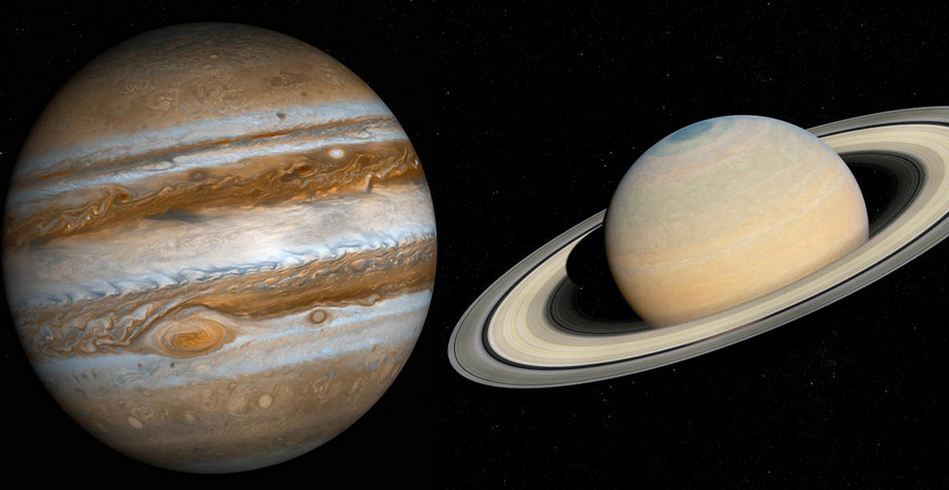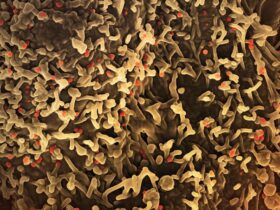A new study shows enough proof to support the existence of helium rain inside planets. After four decades, scientists finally discuss that helium rain is possible over a range of temperature and pressure conditions that reflect those supposed to happen inside the planets.
Jupiter and Saturn were the planets in questions, and the new study also focused on how both planets formed and evolved.
Here is what you need to know.
Helium Rain Can Occur on Planets
An international research team used diamond anvil cells to squeeze a mix of helium and hydrogen into 4 gigapascals (around 40,000 times Earth’s atmosphere). Then, they launched powerful shock waves to further narrow the sample to 60-180 gigapascals by using 12 large beams of LLE’s Omega Laser. Last, they heat the sample to several thousand degrees.Â
Finally, the team used a series of ultrafast diagnostic instruments to measure the optical mirroring of the shock-narrowed sample, its thermal emission, and the shock speed. What they achieved is genuinely intriguing.

The findings
The team discovered that the mirroring of the sample didn’t grow easily with rising shock pressure. But, some discontinuities appeared that showed that the electrical conductivity of the sample was actually shifting rapidly. Such a thing is a valid signature of hydrogen and helium mixture separating.
“We discovered that helium rain is real, and can occur both in Jupiter and Saturn; [helping] decipher how these planets formed and evolved…,” explained Marius Millot, the co-author of the new paper and a physicist at Lawrence Livermore National Laboratory (LLNL).
Jupiter is by far the most fascinating planet because scientists believe it to have supported the inner-planet area where our planet formed.
The recent experiments are necessary to offer a crucial benchmark for numerical and theoretical simulations. More research will follow as the team intends to explore other planets’ compositions and better understand the materials in extreme conditions.












Leave a Reply